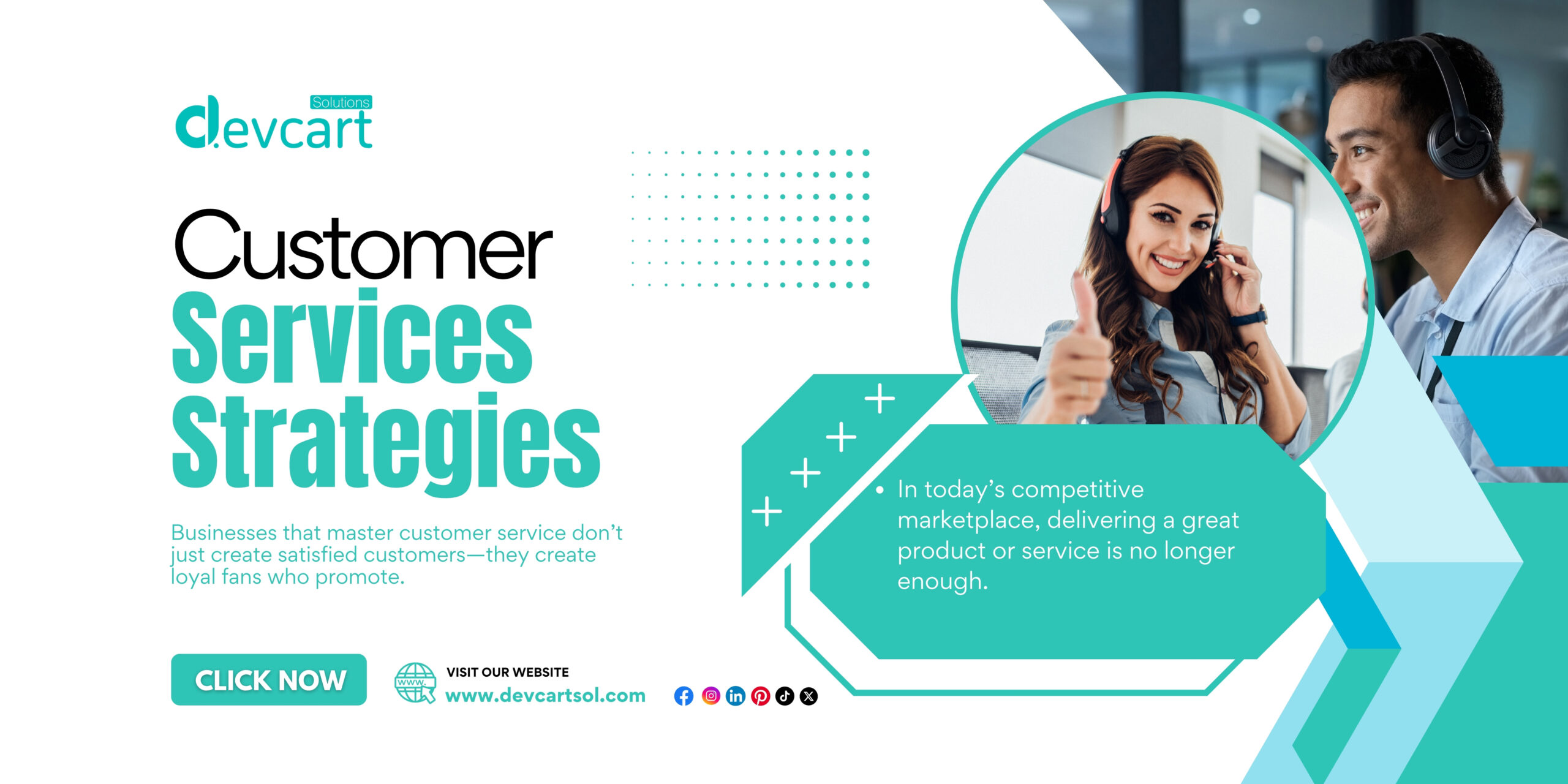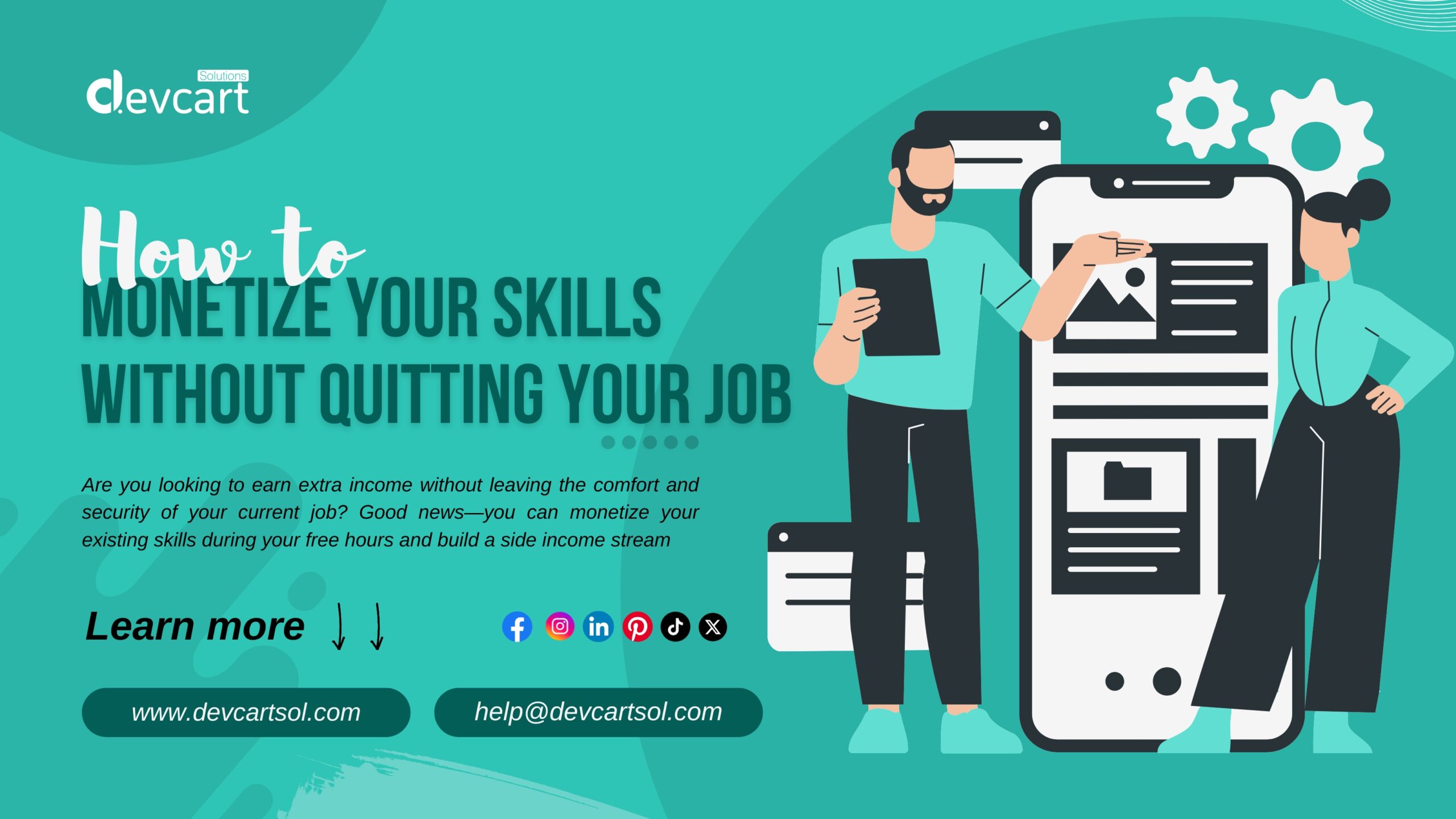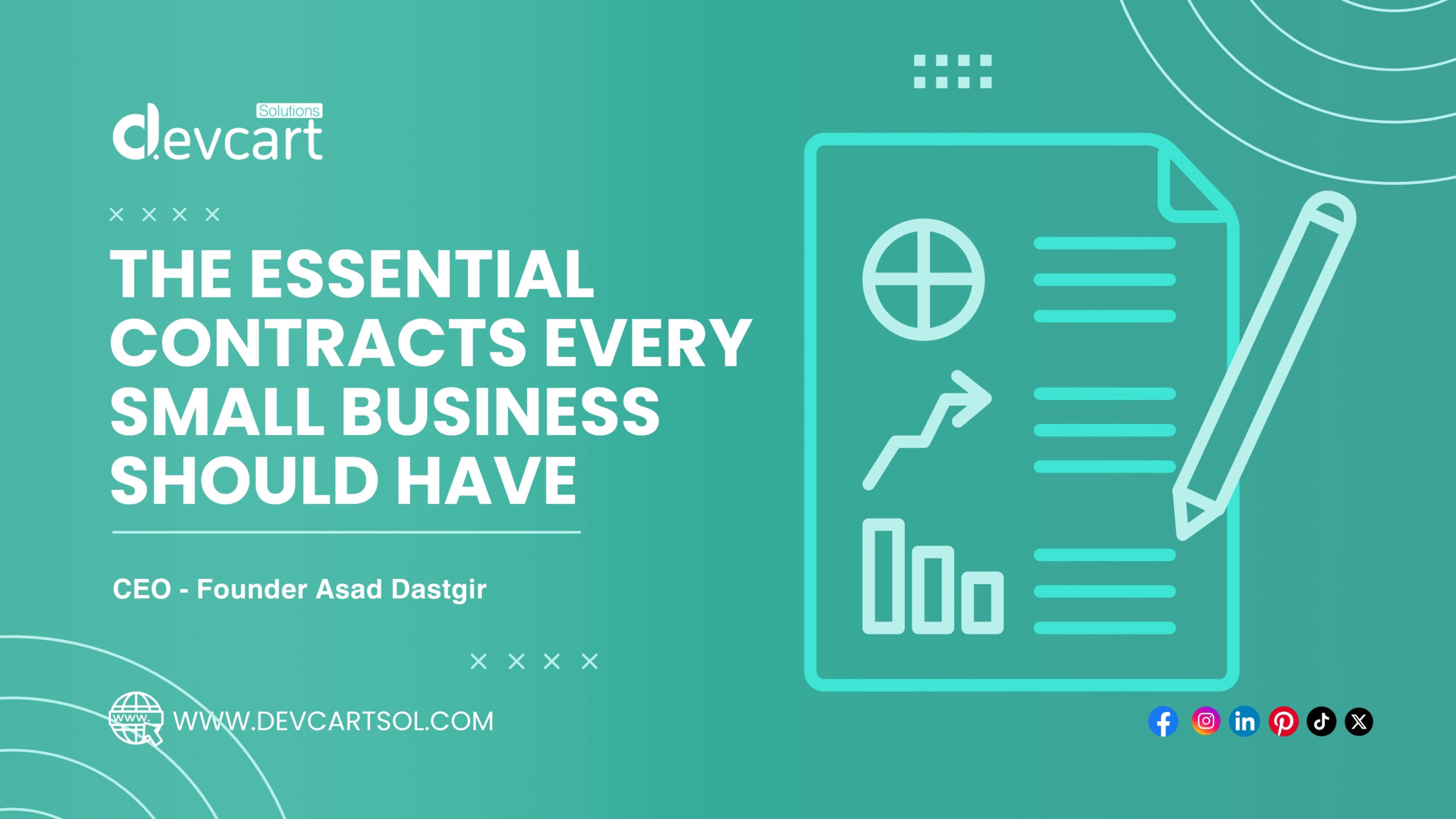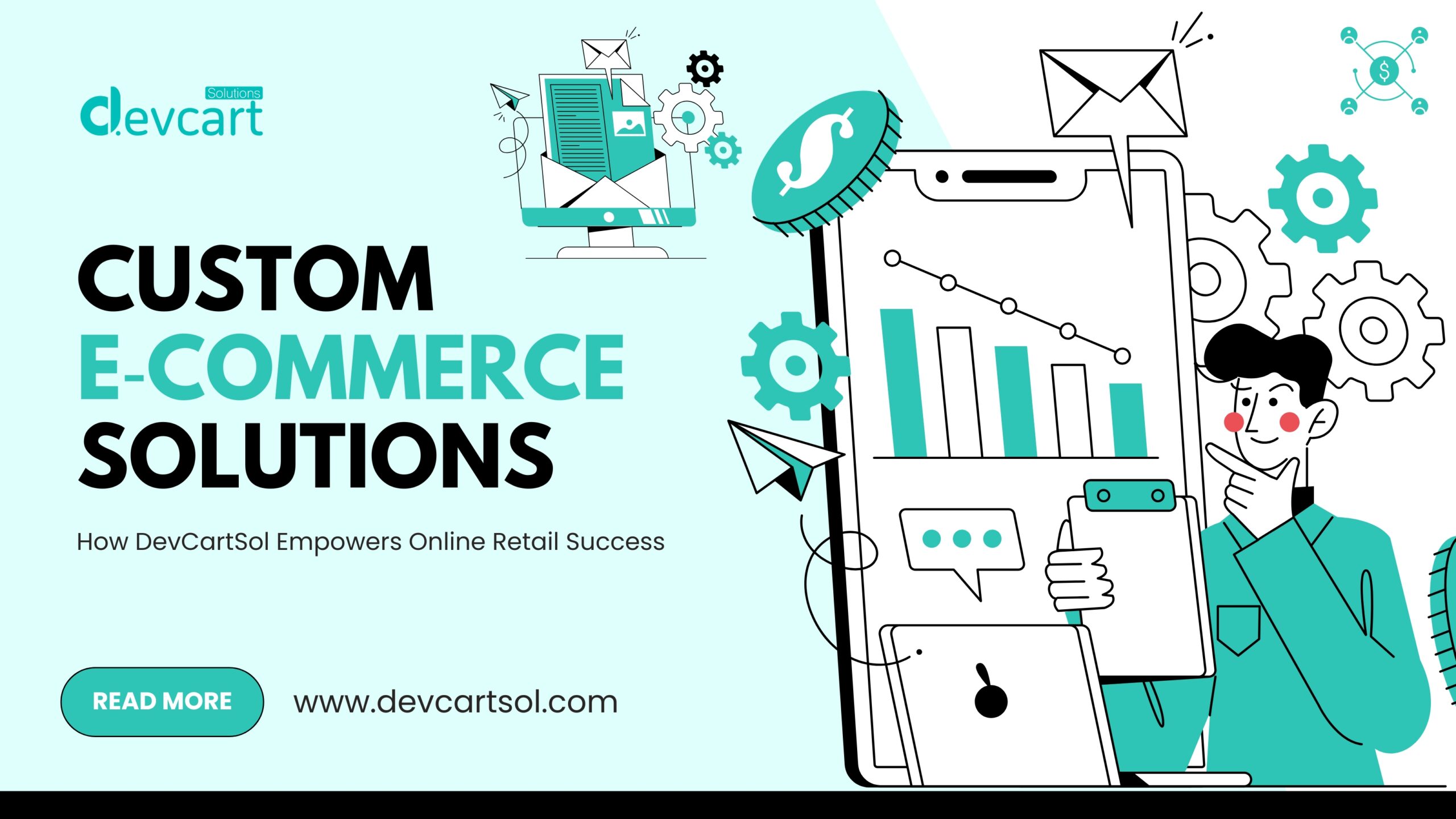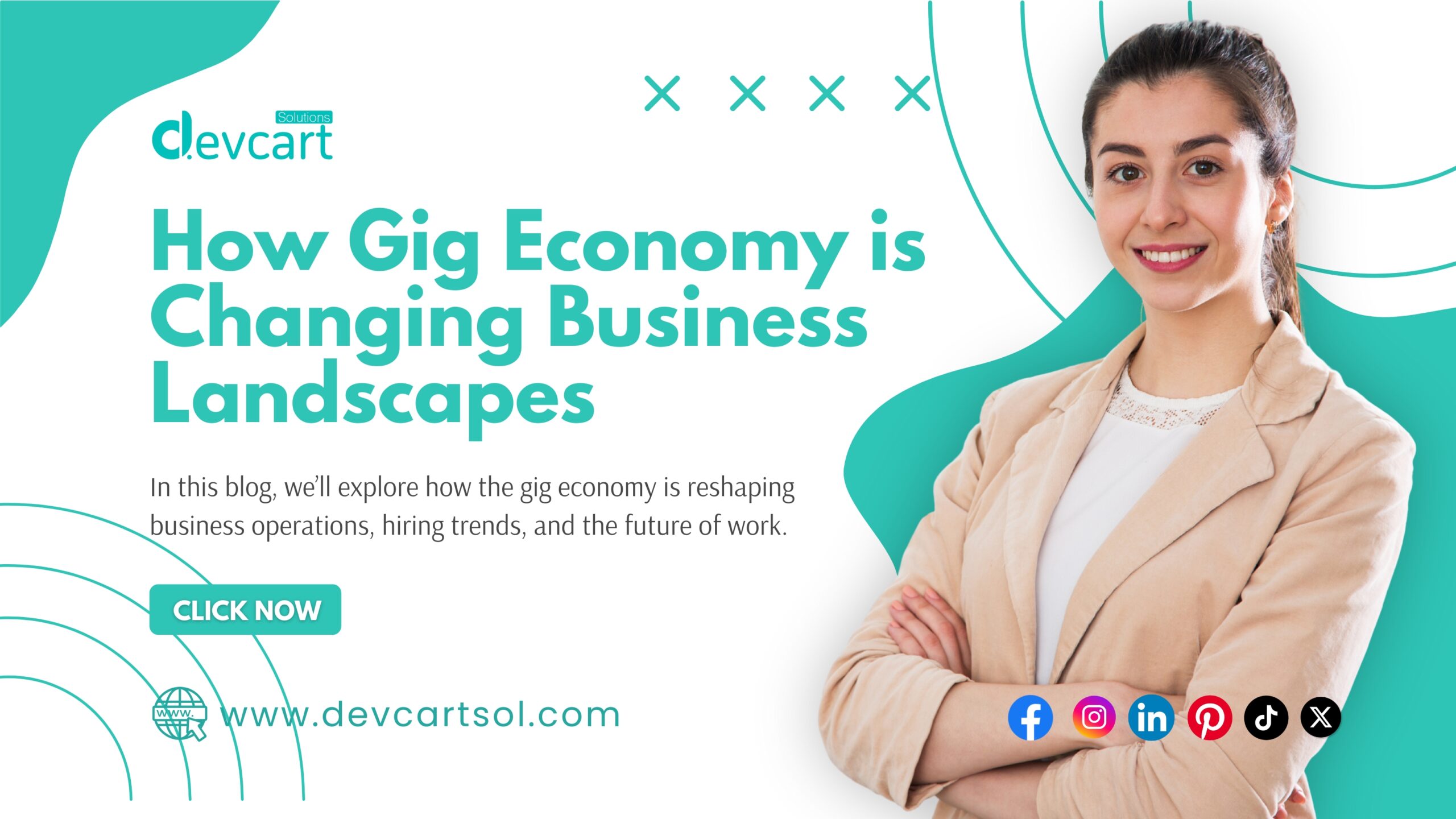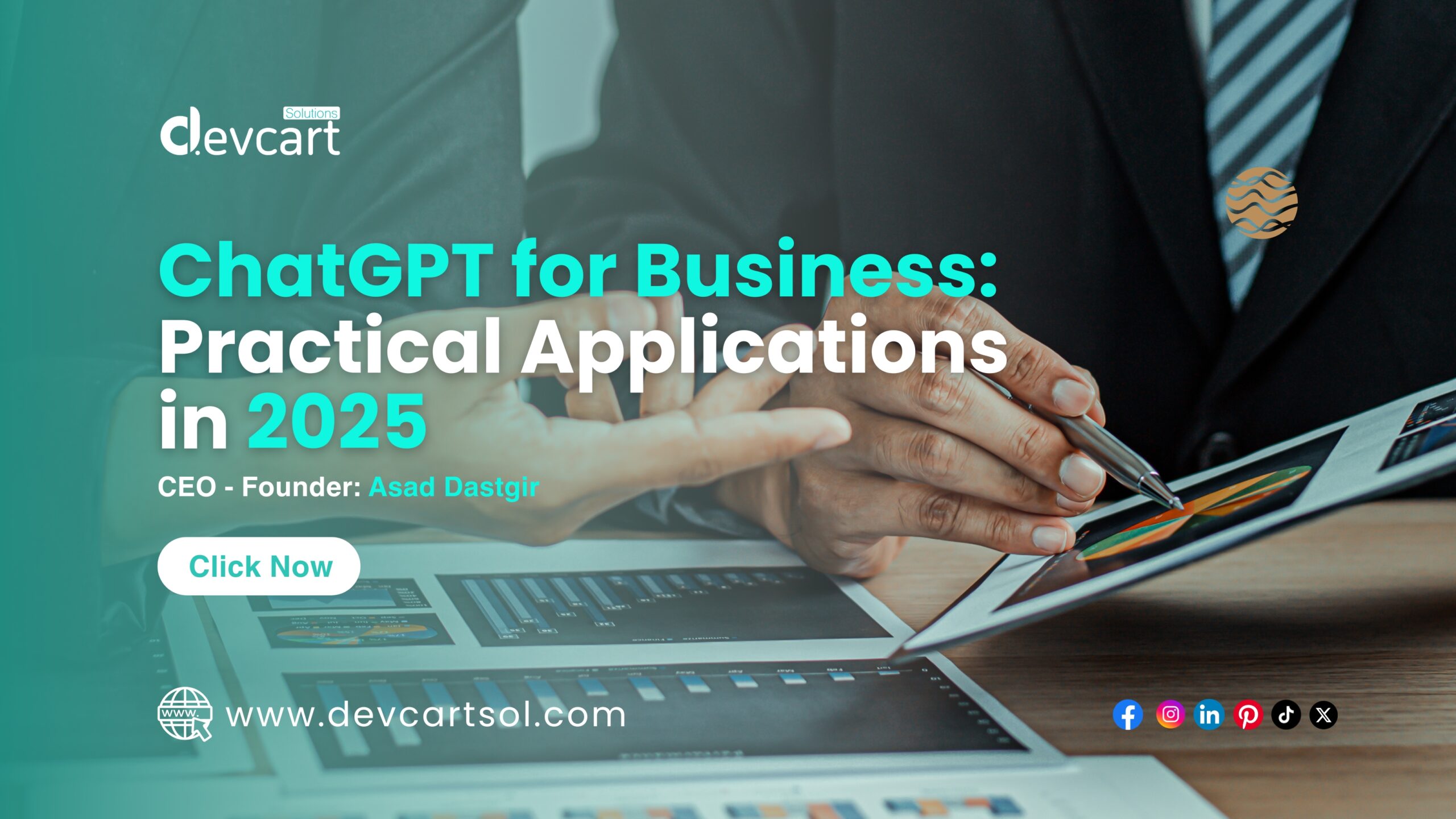In today’s competitive job market, salary and benefits alone are no longer enough to lure the best candidates. Top talent is increasingly drawn to companies with strong, authentic cultures—places where people feel valued, inspired, and connected to a bigger mission. Whether you’re a startup founder or a leader at a growing enterprise, building a magnetic company culture can set you apart and ensure long-term success.
Here’s how to build a company culture that top talent doesn’t just want to join—but stay and grow with.
1. Define Your Core Values (and Live Them)
Culture starts with clarity. What does your company stand for? Identify 3–5 core values that reflect your purpose, ethics, and priorities. But don’t just put them on the wall or in a slide deck—integrate them into daily decisions, hiring criteria, performance reviews, and leadership behavior.
Example: If “innovation” is a core value, foster a safe space for experimentation and reward creative risk-taking.
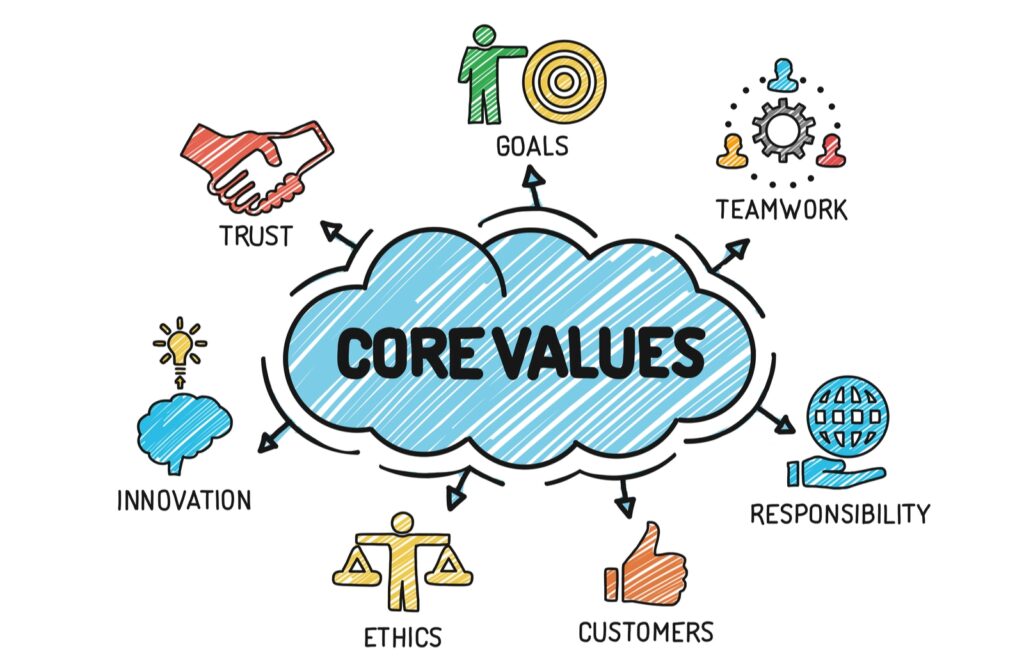
2. Hire for Culture Add, Not Culture Fit
While aligning with your values is important, look beyond hiring people who simply “fit in.” Focus on bringing in individuals who will enhance your culture with diverse perspectives, skills, and backgrounds.
Tip: During interviews, ask behavioral questions that reveal how a candidate might contribute to your culture or challenge the status quo positively.
3. Create Meaningful Work
Talented professionals want more than a paycheck—they want purpose. Make sure employees understand how their work contributes to the company’s mission and the broader world.
Action Step: Regularly communicate how each department’s efforts tie into your company’s goals and vision.
4. Prioritize Transparency and Trust
A culture of trust breeds loyalty. Communicate openly about company performance, challenges, and decisions. Encourage honest feedback and show that leadership is listening.
What Works: Hold regular town halls or Q&A sessions with leadership to create open lines of communication.

5. Support Learning and Growth
Top performers want to evolve. Create clear pathways for professional development through mentorship, training programs, and growth opportunities.
Bonus: Invest in personalized learning budgets or leadership coaching to show you’re serious about your team’s futures.
6. Celebrate Wins—Big and Small
Recognition fuels motivation. Celebrate achievements publicly, whether it’s landing a major client, completing a tough project, or simply showing up with a positive attitude.
Tools: Use platforms like Slack shoutouts, internal newsletters, or quarterly awards to spotlight employee excellence.
7. Foster Belonging and Inclusion
Diversity matters, but inclusion sustains culture. Ensure all employees feel heard, respected, and part of the community—regardless of their background or role.
Tip: Create employee resource groups (ERGs), conduct regular inclusivity audits, and make inclusivity a leadership KPI.
8. Be Flexible and Human-Centric
Work-life balance is not a perk—it’s a standard. Offer flexibility where possible, whether through remote options, mental health support, or a results-driven approach over clock-punching.
Example: Companies that embrace a four-day workweek or flexible hours often report higher employee satisfaction and productivity.

9. Lead by Example
Culture flows from the top. Leaders must embody the values they preach. If you want a culture of humility, growth, or resilience, model that behavior every day.
Remember: Employees don’t just watch what you say—they watch what you do.
10. Gather Feedback and Evolve
Culture isn’t static. Use surveys, focus groups, and 1:1s to get a pulse on how people feel. Then iterate based on that feedback.
Tools: Platforms like Culture Amp or Officevibe can help measure engagement and identify areas for improvement.
Final Thoughts
Building a company culture that attracts top talent isn’t about gimmicks or trendy perks. It’s about creating an environment where people feel purposeful, supported, and inspired to do their best work. When you get culture right, recruitment becomes easier, retention strengthens, and your brand becomes magnetic—not just for talent, but for clients and partners too.


